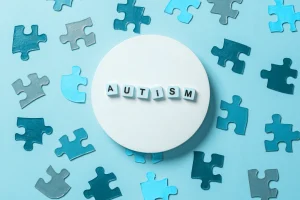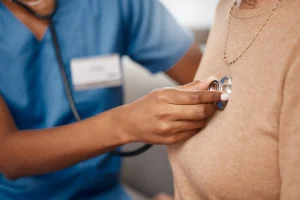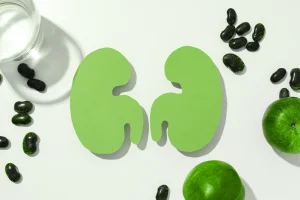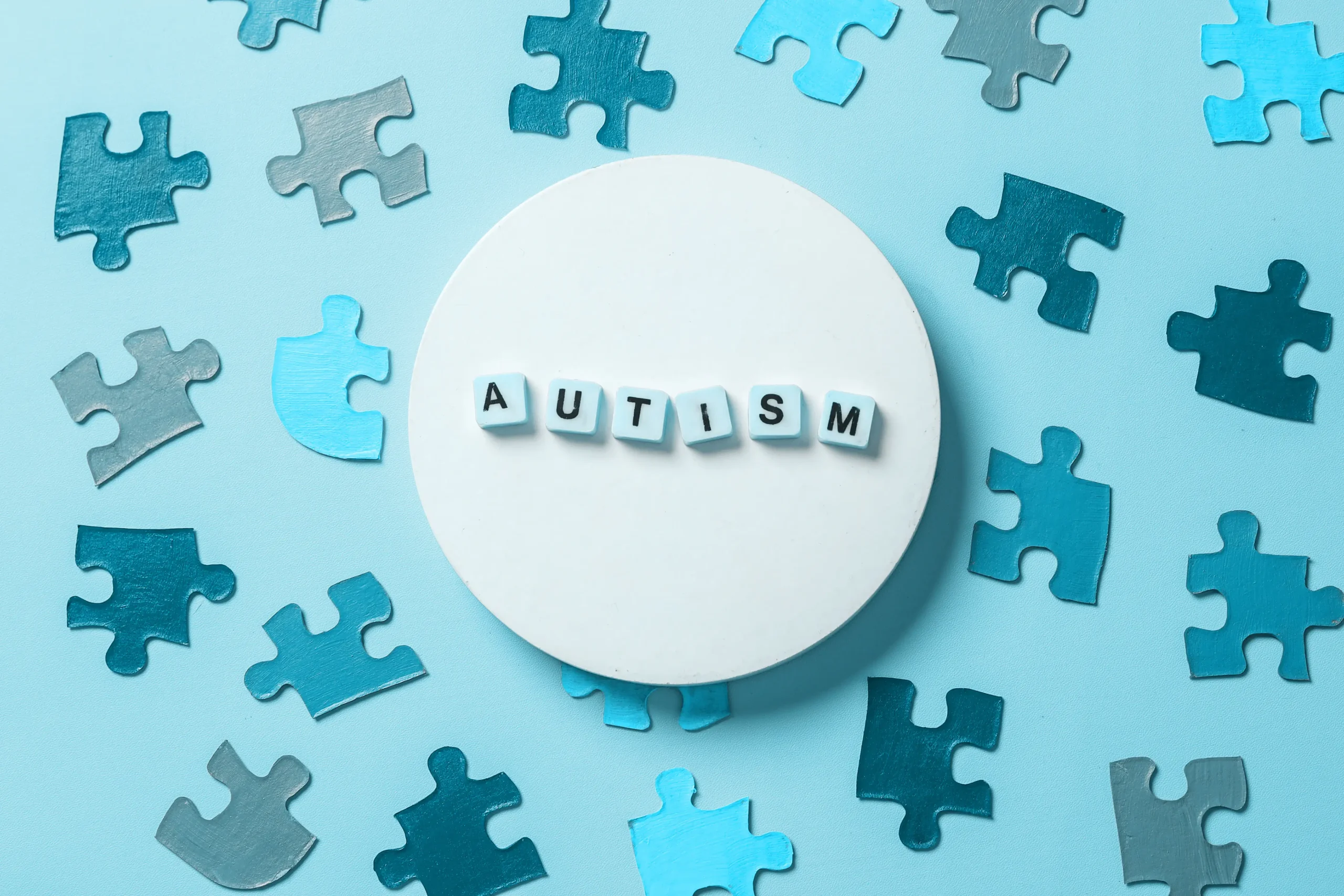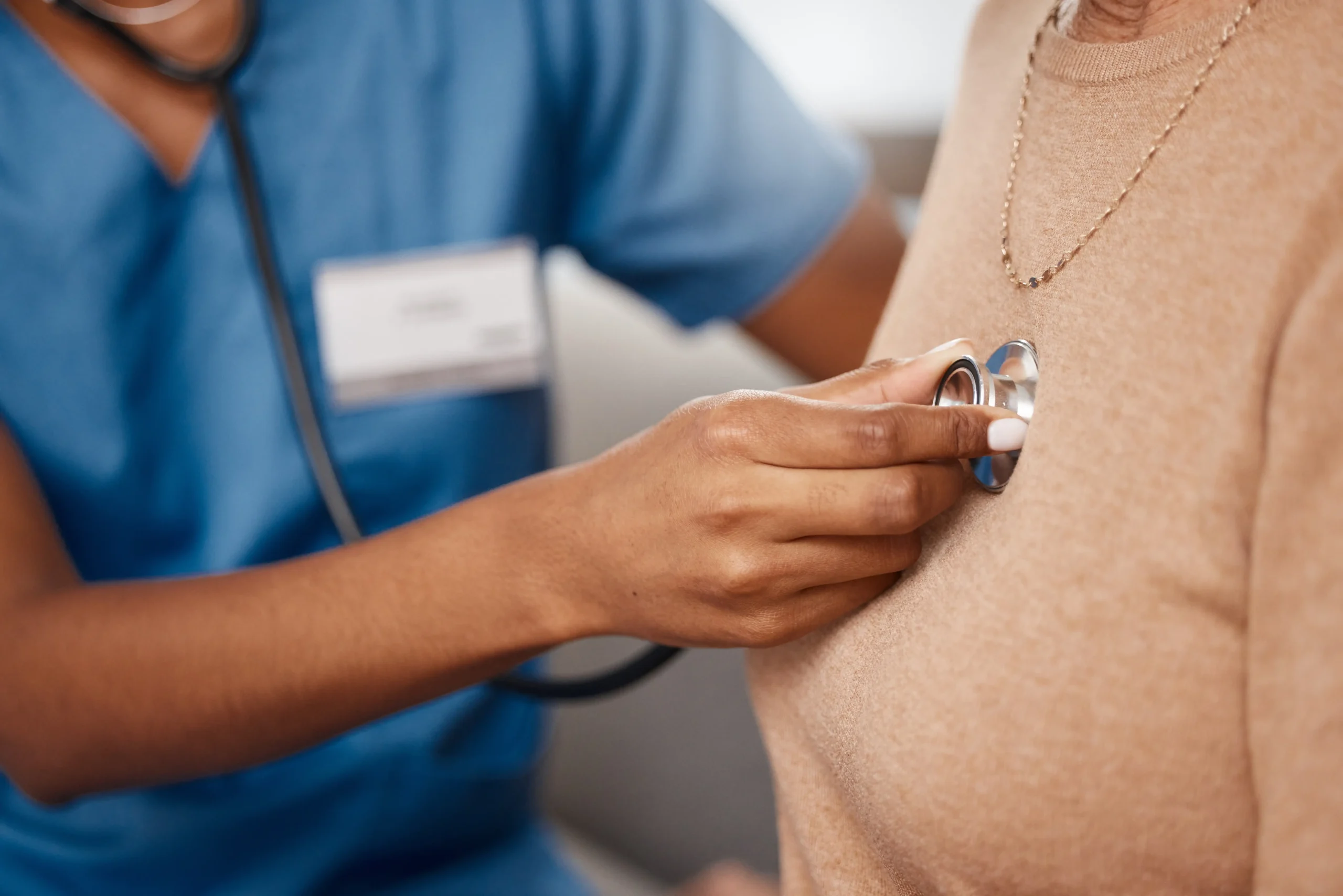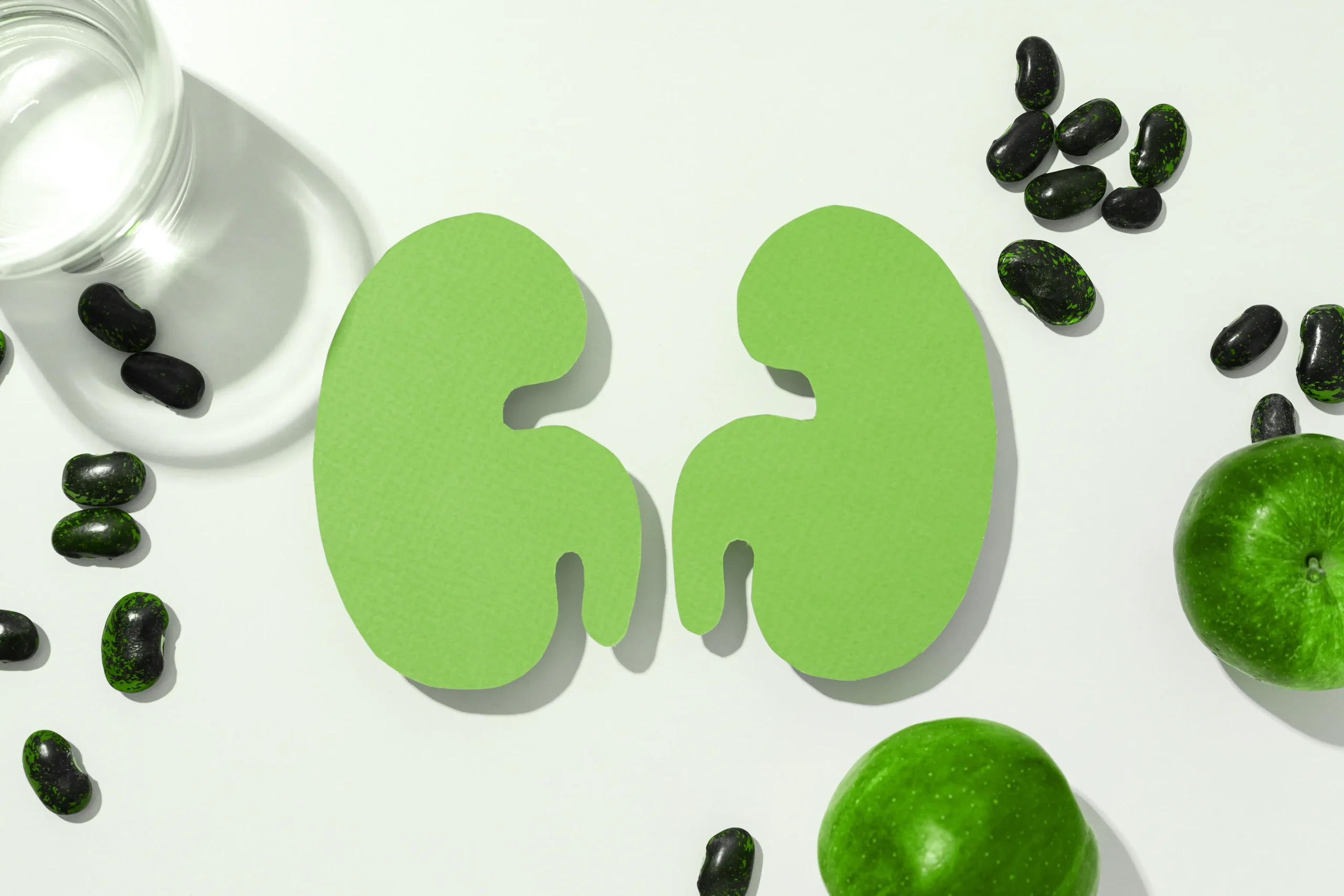Youth Day – time to be young, care-free and drug-free
Filled with hormones and the typical anxieties that come with being pubescent, young people are more susceptible to drugs. They can be well into their 20s, with even pre-teens being affected by the scourge of poisons from tik and nyaope to cocaine and heroin. Even marijuana, though now somewhat legalised by the Constitutional Court, can lead youngsters into trouble.
Find out more about the risks of smoking and the benefits of quitting here.
Here are some practical tips for helping future generations to avoid being caught up with drugs, what to do with drug addictions, and where to seek help.
1. Practice open communication in the family
There comes a time, just like chats about the birds and the bees, when you need to start having grown-up conversations with your children about drugs. Even though kids become self-aware well before they become teenagers, they lack the emotional capacity and mature decision-making skills to make informed choices. We see this manifest itself today with the increase in teenage pregnancies, despite the fact that most schools teach some form of sex education, and many girls know about contraception.
However emotionally unsettling it may be for either you and/or your child, you need to have the drug talk. Begin by broaching the subject more indirectly and ask the child if the topic has come up in school. Without ever being intrusive, try to probe and see if there have already been any exposure to drugs. This should also include a chat about alcohol.
Although there are no hard and fast guidelines on exactly what you should say, honesty is the best policy. Chances are they will never view you as their ‘friend’, but children and young adults should know that they can come to you with anything and that you will always be willing to listen and understand their situation.
Find out more about what makes a happy and healthy family here.
2. Drugs are linked to emotions
As with all addictions, from food to sugar and alcohol, drug abuse is linked to emotions, which is why the youth are particularly easy targets.
Life is complex, and circumstances may make it more so. Add to that a volatile cocktail of increased hormone levels, the initial difficulty of experiencing menstruation for the first time, peer pressure, bullying, cyberbullying, and addiction to social media, plus academic pressure to get good marks, and it’s no wonder the youth are emotionally charged.
Again, of utmost importance is to keep open lines of communication. As an adult, you need to manage your emotions better than your child does, in order to be a beacon of strength and a friendly ear. Always ask how things are going, be sensitive yet firm about setting boundaries, and look for behavioural changes, mood swings, weight loss or gain, erratic sleeping patterns, and concerns expressed by teachers and/or other parents (outside of the gossip mill).
Help your child learn valuable coping skills. These include support systems like church youth groups, a focus on extra-mural activities that they enjoy and are good at, being involved socially and interacting with others, chores around the house to teach both discipline and responsibility, and seeking professional help if need be, from a therapist.
3. How – and where – to get help
Helping your child to get the attention they require need not be expensive. The most important elements are showing children that they are loved, valuable and worthwhile, which doesn’t cost money. Connecting to the things that they most enjoy will help to bridge lines of communication with them. The “just say no” method can also be used – if children understand that there are both positive and negative consequences attached to behaviour in a cause-and-effect relationship, then they will be less inclined to engage in self-destructive drug abuse.
Organisations such as AA, Al-Anon, Narc Anon and Lifeline are all starting points. A list has been provided at the end of this article for you. Take time to educate yourself further on what the best practices are for drug-proofing your children by reading up on the subject. Even better, turn it into a project and get your kids to research the harmful effects of abuse with you. That way as they face the critical moment when being offered drugs, they know what the consequences are.
Contrary to popular belief that teenagers are difficult and don’t understand parents, the youth are at the beginning stages of what all humans want: love, understanding, acceptance, shelter, security, food, and the opportunity to become their very best. Nurture these needs and cultivate an environment where they can grow, and your youngster may soon see that a life of emptiness either taking drugs or pushing them will lead nowhere.
Schools can also offer some counselling and advice. A word of caution: It is not wise for a parent to use school as a dumping ground to take care of children while they get on with their lives. Children are smart, and they will lose faith in a parent who they think does not care.
4. What to do if things don’t change
As we’ve mentioned before, setting boundaries is paramount. The youth in your care, whether they are over the legal age limit or not, should know your stance on drug-related issues. Of course, you need to lead by example. How can you expect your teenager to not smoke if you do? The same when it comes to abusing alcohol. Children learn by example.
Your sterling leadership aside, what happens if a youthful soul does fall off the wagon? There are no easy answers, unfortunately. One school of thought is the “Tough Love” stance – your child needs to know that destroying themselves is not something you will tolerate or abide by because you love them too much. Linked to this, 12-step programmes suggest that until the addict reaches “rock bottom”, and the drawbacks they perceive from taking drugs outweigh the benefits, the young offender will continue to offend.
Practising tough love and putting your foot down assertively but gently is a method that has proven successful. Here’s an example: “Son, I love you very much, but there will be no drug use while you are living under my roof. Either you enter a programme and get help, or you will have to go and live elsewhere.”
If you are worried that your child may be taking drugs, contact your doctor who can guide you on what to do. Or, make contact with one of the listed organisations below.
Read more about healthy lifestyle tips for a Healthy Heart here.
Here is a list of resources for you to get more help:
Alcoholics Anonymous
Narcotics Anonymous
Al-Anon (for the families of substance abusers)
South African National Council on Alcoholism & Drug Dependence
Lifeline
Recovery Direct
The lenmed Group is a world-class chain of Private Hospitals that brings quality healthcare to communities across Southern Africa.
For more information please contact:
South African Depression and Anxiety Group
Department of Social Development Substance Abuse Line 24hr helpline
Tel: +27 (0) 80 012 1314
Website: www.sadag.org
Disclaimer: Any information contained here is merely a guideline. Always visit your healthcare practitioner for any health-related advice or diagnosis.





